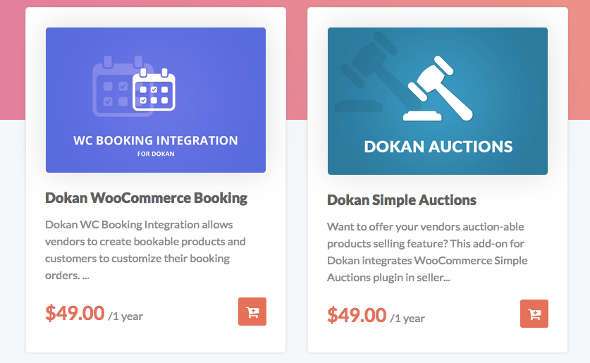In the e-commerce era, Amazon stands tall as a global marketplace where millions of entrepreneurs launch their businesses. But one common question keeps popping up among new sellers: “Do I need a business license to sell on Amazon?” The answer isn’t as simple as yes or no—it depends on several factors including what you’re selling, where you’re located, and your business model. This guide will walk you through everything you need to know about business licenses and Amazon selling requirements.
Amazon’s Official Requirements
Amazon itself doesn’t explicitly require every seller to have a business license. You can begin selling on Amazon through an individual seller account without registering a formal business. However, this doesn’t mean you’re off the hook legally. Your local government or state might require a business license depending on the nature of your products and how much revenue you’re generating.
[ai-img]amazon marketplace, small business, entrepreneur[/ai-img]Understanding a Business License
A business license is a government-issued permit that enables individuals or companies to legally operate a business within a certain jurisdiction. Even if you’re running a business from your home and selling products online, many states and cities still require some form of licensing or registration.
Common Types of Business Licenses for Amazon Sellers
- General Business License: Required by most local governments to legally operate a business in their region.
- Sales Tax Permit: Required if you sell taxable goods; this allows you to collect sales tax from customers.
- Home Occupation Permit: If you’re running your Amazon business from home, your city may require this.
- Reseller’s Permit: Allows you to purchase goods without paying sales tax, with the expectation that you’ll resell them.
Failure to obtain any required license could result in fines, tax penalties, or in some cases, Amazon suspending your seller account.
Individual vs. Professional Seller Accounts
Amazon offers two types of seller accounts:
- Individual Account: Ideal for casual sellers or those testing the platform. No monthly fees, but a small fee is charged per sale.
- Professional Account: Meant for serious sellers who sell more than 40 items per month. It comes with advanced features and a monthly subscription fee.
While an individual seller account does not require a business license in most cases, a professional account might imply a more structured business, which could trigger licensing requirements depending on your state or country.
When You Absolutely Need a Business License
Although some sellers can start without a business license, others must get one before listing their first product. Here are some scenarios where a business license is typically required:
- You plan to sell in bulk or start a private label brand.
- You manufacture or repurpose goods (like handmade products or food).
- Your city or state requires it for any kind of commercial activity—even from home.
- You want to apply for wholesale accounts or open business bank accounts.
Benefits of Having a Business License
Even when not legally required, having a business license can provide clear advantages:
- Credibility: Builds trust with suppliers, customers, and even Amazon.
- Access to Wholesale Suppliers: Many suppliers require proof of being a legal business.
- Tax Benefits: Easier to keep business and personal finances separate for accounting and auditing.
- Legal Protection: Operating as an LLC or corporation can protect your personal assets.
Steps to Get a Business License for Amazon Selling
Every region has different requirements, but here’s a general roadmap:
- Choose a Business Structure: Decide whether to operate as a sole proprietorship, LLC, or corporation.
- Name Your Business: Register your business name with your state or local agency.
- Apply for an EIN: Get a Federal Employer Identification Number (EIN) from the IRS—it’s free and easy to apply online.
- Register Locally: Depending on your location, you may need to register with your city, county, or state.
- Obtain Required Permits: Apply for any industry-specific or local permits like resell, sales tax, or zoning approvals.
Conclusion
While Amazon might not mandate a business license to get started, overlooking local legal requirements can be a costly mistake. It’s always best to consult with a local business advisor, accountant, or attorney to ensure full compliance. Remember, a little paperwork in the beginning could save you a lot of headaches down the road.
Whether you’re flipping books on weekends or building the next million-dollar FBA brand, understanding your legal responsibilities is a vital part of the entrepreneurial journey.






